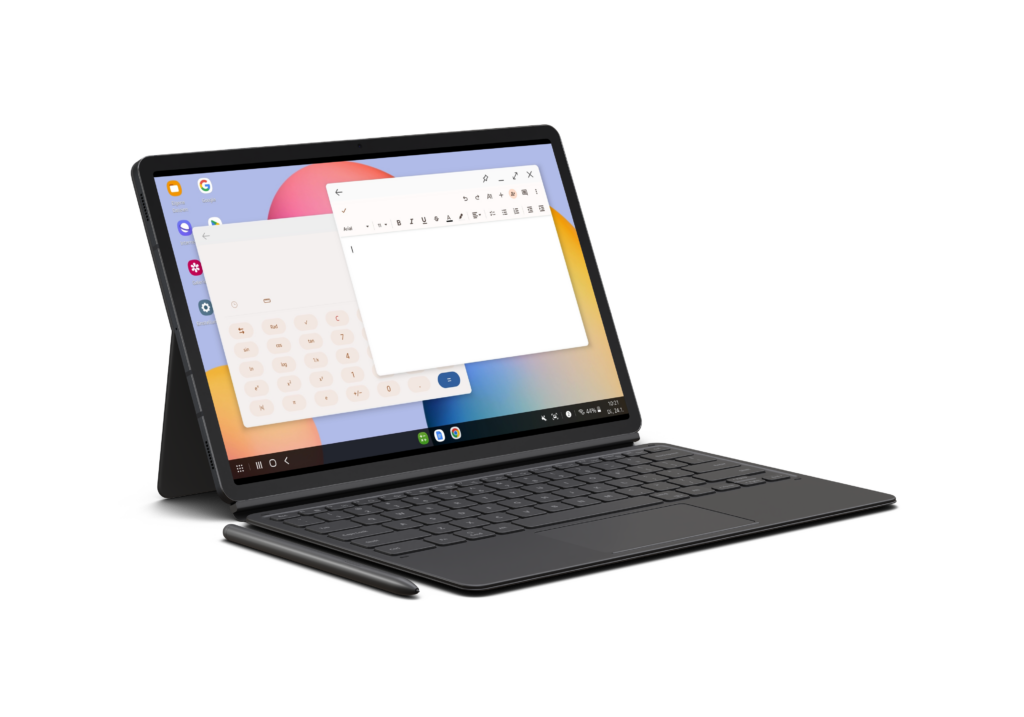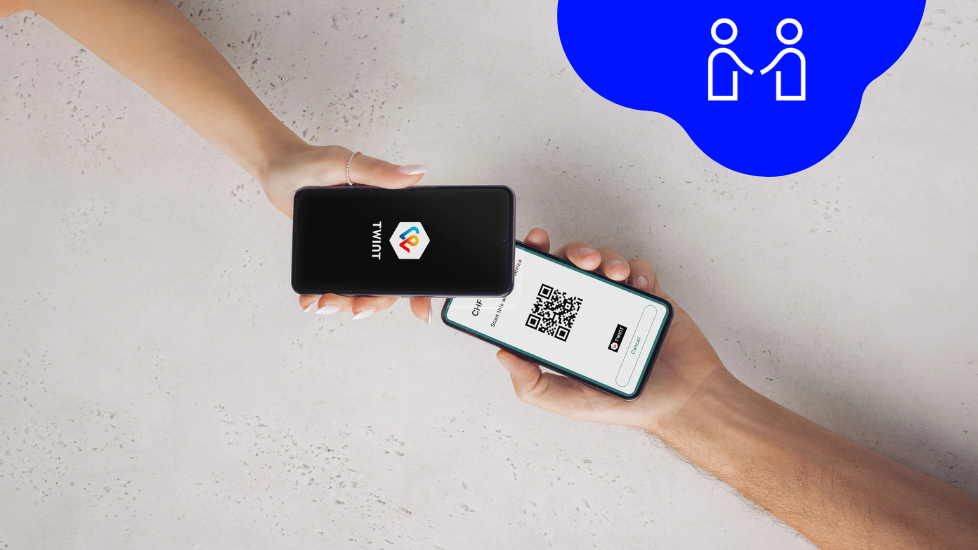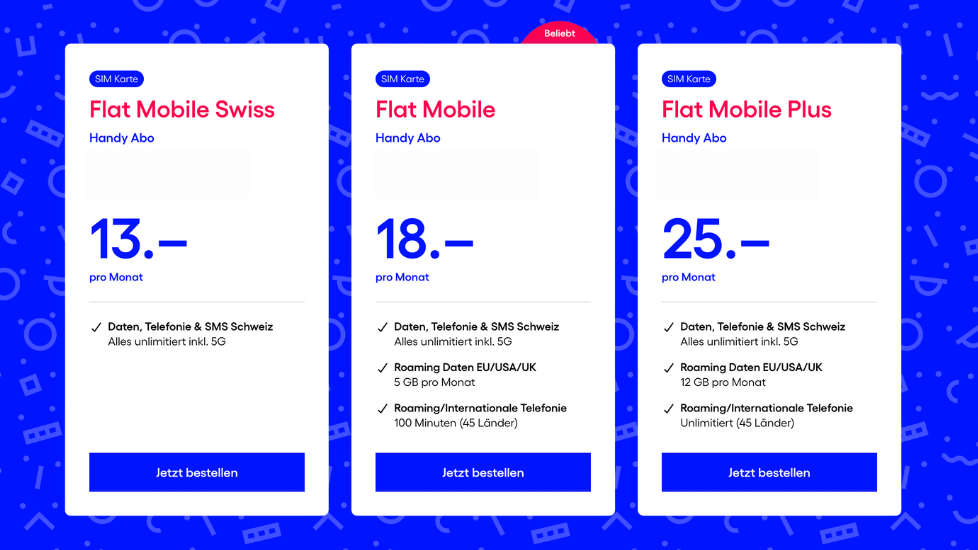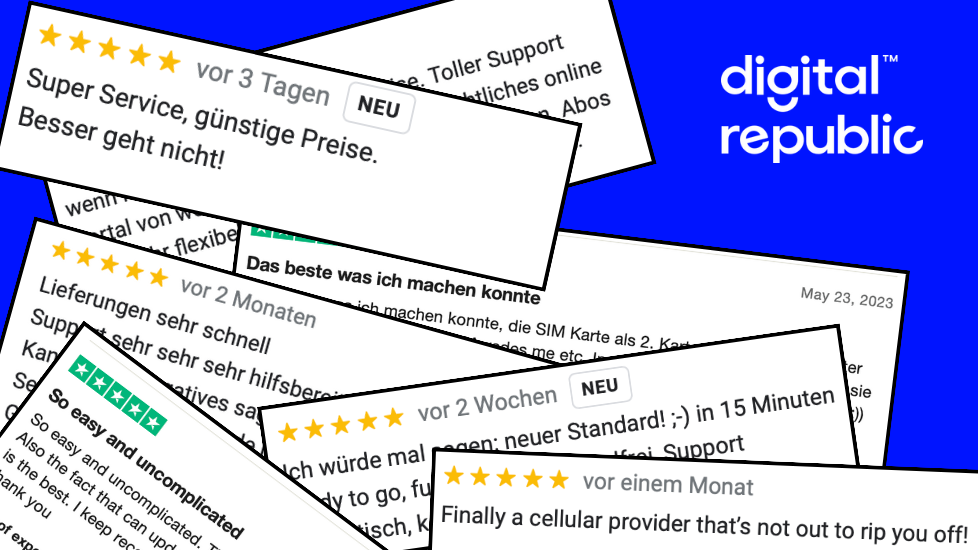What Internet Speed Do I Need for My Tablet?
Tablets are special devices. While Samsung and Apple have created true all-rounders with their Pro models that could replace a mobile workstation, Google recently decided to take a completely different path for its upcoming Pixel Tablet. Google sees the tablet as a companion device for the home and therefore even removes the GPS module from the device. As versatile and controversial as the “right” field of application for tablets may be, they all need an Internet connection. We tell you what you should look for when choosing the speed.
What Function Does Your Tablet Perform?
The blog techjury.net sums it up in an article about tablet statistics: There is not THE use case for a tablet. With currently over 1.28 billion tablet users worldwide, most are limited to simple applications such as writing emails, reading news or browsing social media (54%).
An Internet speed of 10 Mbits is sufficient for this type of use.
However, quite a few tablet users see the flat computer as more than just a browser. According to the authors at techjury, 23% of the users surveyed also use their tablet to watch movies and online videos or as a gaming platform.

However, even the recommendation of 10 Mbits might not be sufficient for the pro models of the big manufacturers and some power users. For example, if you want to use your tablet as your primary workstation and multitask or play games smoothly via the cloud, you would be better off with a speed of 50 Mbits.
Also, if you have to transfer large amounts of data on the go, you will hardly be able to avoid a faster rate. You can check how the speed affects your download speed with this calculator.
Where Do You Use Your Tablet?
Not only what you use your tablet for can influence the speed you need, but also where. Many people use their tablets mainly at home. For this reason, the upcoming Pixel Tablet is a device that is particularly aimed at home users.
If you also belong to this group and use your tablet almost exclusively in your home Wi-Fi, you can save yourself a fast mobile data connection. At this point, you should consider whether you might want to benefit from a slow connection so that you can at least use basic applications such as web browsing or messaging while on the move.
For this, an Internet speed of 10 Mbits is sufficient, or even as little as 1 Mbits if you only want to use messaging services on the go.
What Does the Hardware Look Like?
Even though FullHD (1080ppi) displays are becoming more and more the norm, lower-resolution displays are still available, especially in cheaper devices. The resolution of your display can also determine your maximum required Internet speed.
For example, you will hardly stream FullHD or 4k content on a 720ppi display, since you will not be able to display the resolution anyway. In such a case, you won’t need 20 Mbits for a FullHD stream, but you can opt for a 10 Mbits rate.

The built-in cellular module can also have an influence. For example, if you want to use your tablet as a workstation and use the full bandwidth of a mobile data connection, you should also pay attention to the mobile network standard installed. If your tablet is 4G-only, a tariff above 300 Mbits is not worthwhile, as this is already the maximum available speed of 4G in Switzerland.
If you have a 5G-enabled tablet, speeds above 300 Mbits can also be achieved and you could benefit from a 2 Gbits rate. However, Digital Republic advises against choosing a gigabit plan due to the mobile nature of tablets and widely available Wi-Fi.
Have You Found the Right Internet Speed?
Then take a look at the tariffs from Digital Republic! Via your customer portal, you can order a SIM card or activate an eSIM in just a few minutes. Our device selection provides you directly with the necessary recommendations and you are completely free to decide which Internet speed you want to pay for.
All of this, of course, without a minimum contract term or notice period. Completely digital: free, fair and progressive!
Discover Our Other News Articles

Payment Terminals for Everyone!
The world is becoming increasingly cashless. Small and medium-sized businesses in particular are faced with the challenge of having to accept electronic payments when dealing directly with customers. The necessary equipment is often expensive, complicated, and comes with a monthly base fee. But there are alternatives!

The Development of Our Ideal Cell Phone Plans for Switzerland
The path to the current Trio Flat Mobile Swiss, Flat Mobile, and Flat Mobile Plus cell phone plans is also an example of how Digital Republic wants to function as a provider and where its priorities lie. We have quickly transformed ourselves from a pure data SIM provider to a cell phone plan provider. And we have completely rethought the development process.

The Affordable Mobile Provider With Award-Winning Service
When it comes to mobile providers in Switzerland, the wheat is often separated from the chaff when it comes to price. Either you pay little for your subscription and do without services like support or 5G, or you go to one of the big providers and pay more than you might like. At Digital Republic, you get both!
